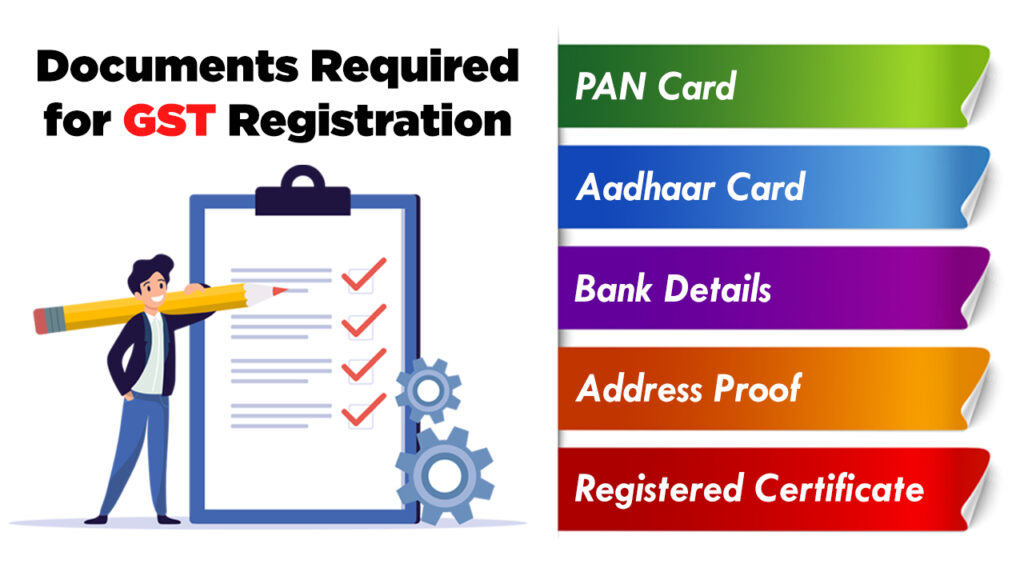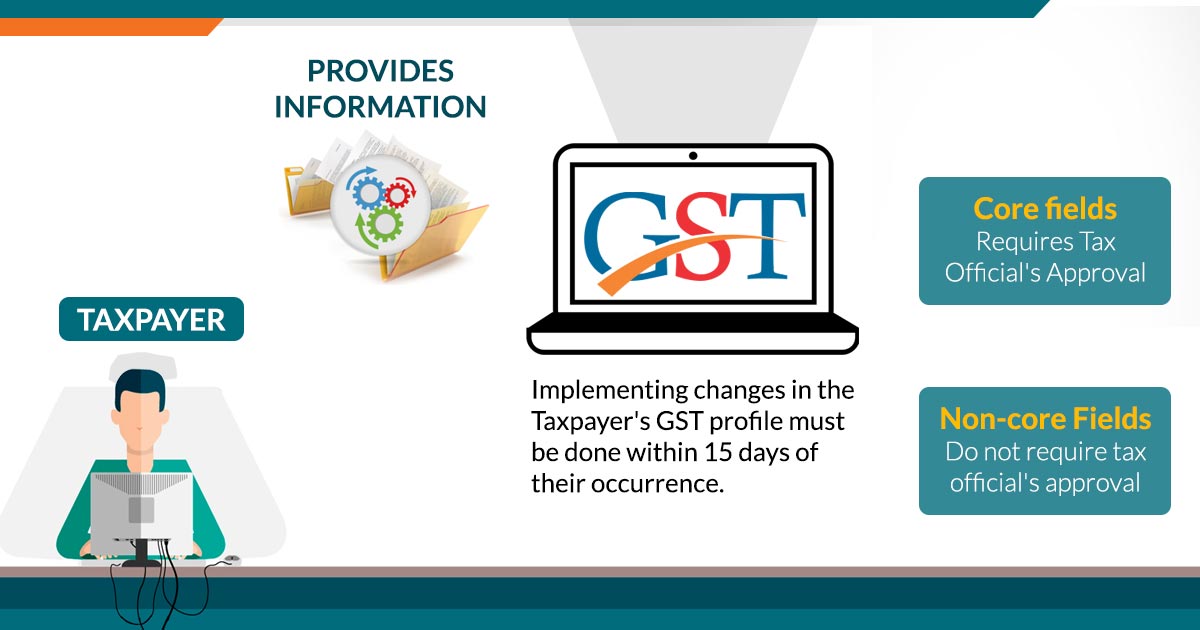Why Singapore GST Registration is Vital for Your Start-up
The Ultimate Overview to Simplifying the GST Enrollment Process and Needs for Small Service Owners

Comprehending GST Basics
To grasp the principles of the Item and Solutions Tax (GST) system, tiny service owners must initially understand its underlying principles and effects. Under the GST regimen, companies are required to sign up and gather tax on part of the government, ensuring transparency and conformity.
One of the vital principles of GST is input tax obligation credit history, which allows services to claim debt for taxes paid on their acquisitions. This mechanism protects against the cascading impact of taxes and promotes performance in the tax system. Furthermore, GST is a destination-based tax obligation, implying that the tax obligation is levied at the point of intake as opposed to the point of beginning. This ensures reasonable circulation of tax obligation revenue among states based upon where the solutions or goods are taken in. Recognizing these basic principles is vital for small company proprietors to navigate the complexities of the GST system and make sure compliance with the legislation.
Eligibility Requirements for Enrollment
Having actually developed a fundamental understanding of GST concepts, small company proprietors must currently meet specific eligibility standards to continue with the enrollment procedure. In India, entities engaged in the supply of items or solutions with a yearly accumulation turn over surpassing Rs. 40 lakhs (Rs. 10 lakhs for special classification states) are required to register for GST. Additionally, certain businesses such as those associated with inter-state supply of goods, informal taxable persons, and those required to pay tax obligation under the reverse cost device have to sign up for GST regardless of their turn over. Moreover, services that were signed up under the previous tax obligation program (VAT, solution tax obligation, and so on) are likewise mandated to register under GST. However, farming services that only provide create out of primary manufacturing are exempt from GST enrollment. It is critical for service owners to carefully analyze their eligibility based upon these requirements to ensure conformity with the law and prevent any charges for non-compliance.
Documents Required for GST Enrollment

Simplified Enrollment Process Steps
Adhering to the collection and verification of the requisite papers, the enrollment process for GST can be navigated through a series of streamlined actions made to facilitate reliable compliance for little company proprietors. Upon effective verification, an Application Reference Number (ARN) is issued, suggesting the completion of the GST registration procedure. By complying with these streamlined actions, little organization proprietors can effectively register for GST and guarantee compliance with tax policies.
Tips for Ensuring Compliance
To keep governing adherence and functional stability, thorough oversight and positive steps are pivotal in guaranteeing compliance with GST needs for tiny service proprietors. Small organization proprietors need to stay updated with GST laws, filing deadlines, and any kind of adjustments in tax rates to stay clear of fines and preserve a great standing with tax authorities. One vital tip for conformity is to keep accurate and thorough documents of all transactions, consisting of costs, invoices, and invoices connected to GST. Consistently resolving financial documents with GST returns can help in recognizing and correcting any kind her response of inconsistencies promptly. Furthermore, performing regular inner audits or seeking specialist support can make certain that business is adhering to all GST guidelines appropriately. It is also vital for local business proprietors to buy GST-compliant accountancy software that can simplify the tax declaring process and decrease errors. Attending GST awareness workshops or training programs can improve understanding and conformity with GST laws, inevitably benefiting the company in the long run.
Verdict
In conclusion, small service proprietors must comprehend the fundamentals of GST, fulfill the eligibility standards, collect required documents, and follow the simplified registration process steps to make certain conformity. By simplifying the GST enrollment process and requirements, small organization owners can stay clear of fines and run their services smoothly within the legal framework - Singapore GST Registration. It is critical for local business owners to stay certified and informed with GST guidelines to preserve an effective company procedure
Tiny service owners seeking GST enrollment must ensure they collect and submit the necessary files to complete the registration procedure successfully. The documents required for GST enrollment usually consist of proof of business registration or unification, FRYING PAN (Permanent Account Number) card of the service entity, identity and address proof of the promoters/partners/directors, pictures, address evidence of the location of service, financial institution account declarations or canceled cheques, and permission types. Going to GST recognition workshops or training programs can enhance understanding and conformity with GST guidelines, inevitably benefiting the company in the long run.
By simplifying the GST enrollment procedure and needs, little company proprietors can stay clear of penalties and operate their services smoothly within the legal framework. It is vital for small business owners to remain certified and educated with GST regulations to maintain a successful organization operation.